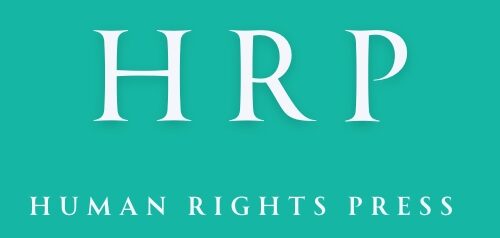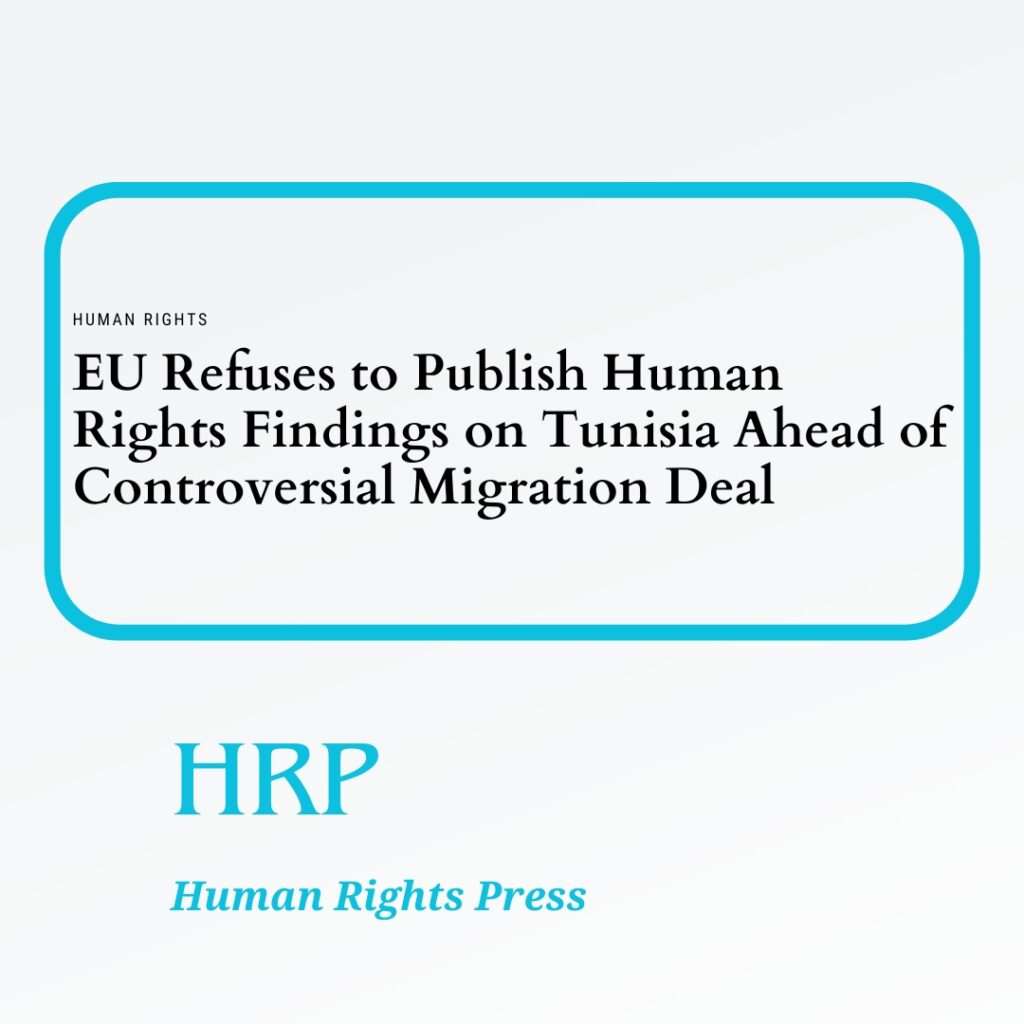https://www.ohchr.org/en/stories/2024/10/art-defending-human-rights
18 October 2024
“I think art really helps to reinforce ideas, to give clarity about some of the things that are happening today. What I did was to reflect on some of the rights that I think have been violated in Mexico,” said Eva Jiménez Bracamontes, a Mexican illustrator and street artist, of her 28 x 28 m mural painted on the wall of the biggest market in Latin America.
The mural, called “All rights, all people” is located at the ‘Central de Abastos’ market in Mexico City.
Through this painting, she said she wanted to capture the essence of topics relevant to the Mexican reality such as enforced disappearances, the right to food, to education, to culture, migrants, discrimination, and racism, among others.
“Art sensitises you to what you see, to pain, to the concerns of others. And in this way, you can learn to build this society in a more loving and empathetic way,” Jiménez Bracamontes said.
The mural was part of a series of art projects to raise awareness of challenges and to promote human rights in Mexico. The project, run as part of the Human Rights 75 Initiative had UN Human Rights in Mexico, along with key stakeholders such as the United Nations Information Centre and the Delegation of the European Union to Mexico, join forces to show human rights in an illustrative manner.
“Human rights are one of the pillars of the European Union,” said Natalia Barreto Silva, who oversees human rights issues at the Delegation of the European Union to Mexico. “Mexico is a wonderful country, but serious human rights violations occur, which is why it is necessary for international bodies to work together for human rights.”
Singing for human rights
However, visual art was not the only means that the partnership brought human rights to vivid life. Barreto Silva said music was another way.
“There are conscientious, theoretical examples of advocacy. But there are also very nice initiatives, for example, we managed to create a powerful song with some amazing artists,” she said.
World-famous musicians like Aterciopelados, Dr. Shenka, Susana Baca, and Enrique Bunbury created and collaborated in the song Liberté, whose video already has more than a million views on YouTube.
The song honours both living and murdered human rights defenders, symbolizing hope for a future filled with justice. It highlights the importance of the right to live with dignity, to assemble, to express freely, to grow food, to break the chains of oppression. It also criticises those who wage war and hinder love from being the force that drives the world towards the realisation of all rights for all people.
“Making anti-war songs is not only natural but also necessary,” said Andrea Echeverri Arias, a member of the Colombian rock band Aterciopelados. “We are Colombians. We live in a country that has been at war since I was born. So, it’s a subject we’ve lived with all our lives.”
For Héctor Buitrago, also a member of Aterciopelados, art is a powerful tool to communicate messages, to denounce injustices and to inspire people to defend human rights.
“The inspiration for the song Liberté came from different places. It has to do with the struggle for rights at a time when they are being threatened from various places, and also to pay tribute to human rights defenders,” Buitrago said.
Art is a great ally in fostering an understanding of human rights, Jiménez Bracamontes said. She is pleased that the United Nations works with artists for this reason.
“We live in societies under pressure, where there are situations so serious, so painful, of human rights violations, that there has to be a way to express it that is not violent,” Barreto Silva said. “Art is also a way of releasing all those emotions and capturing them, whether on a song or on a huge wall.”

